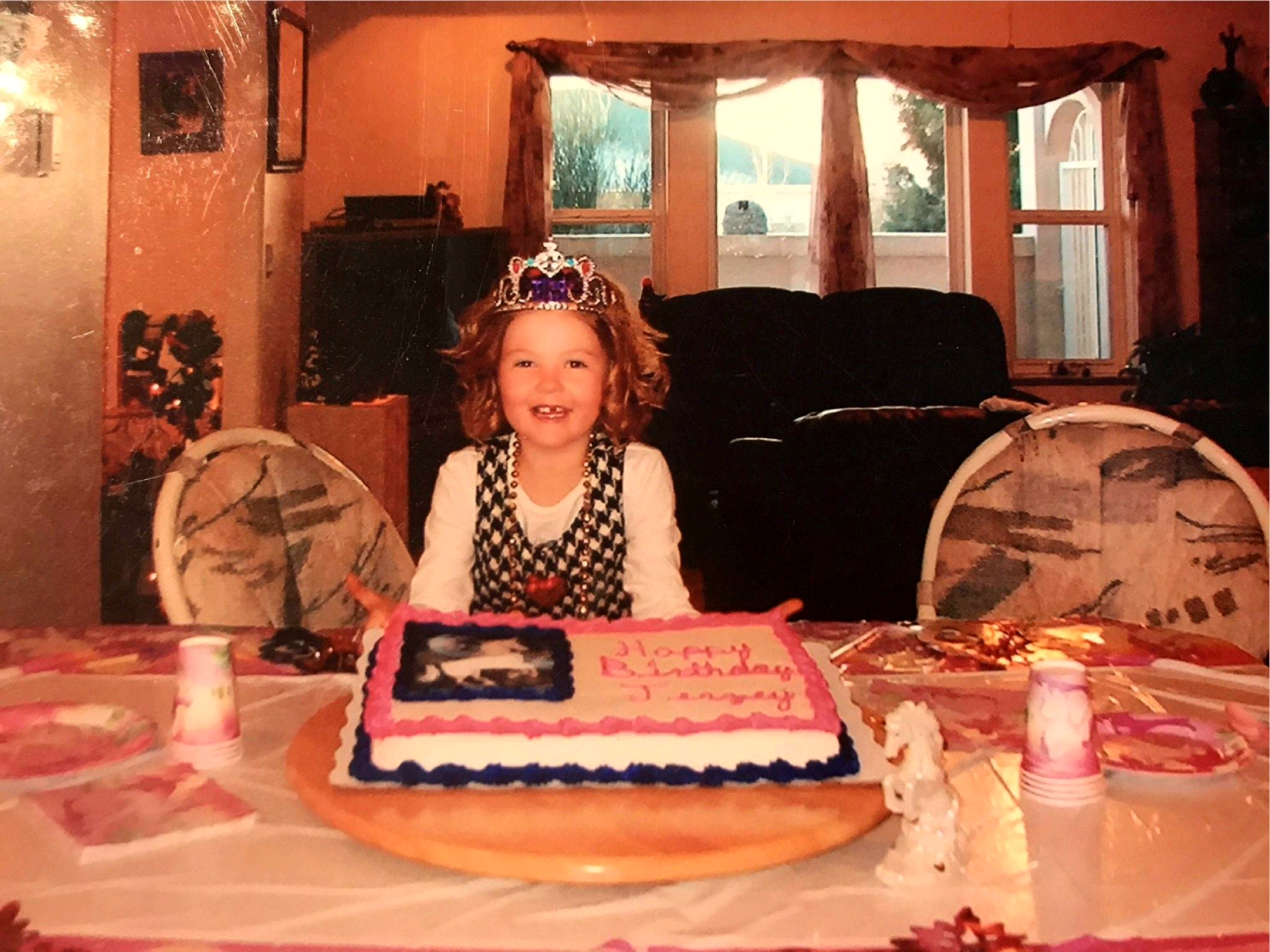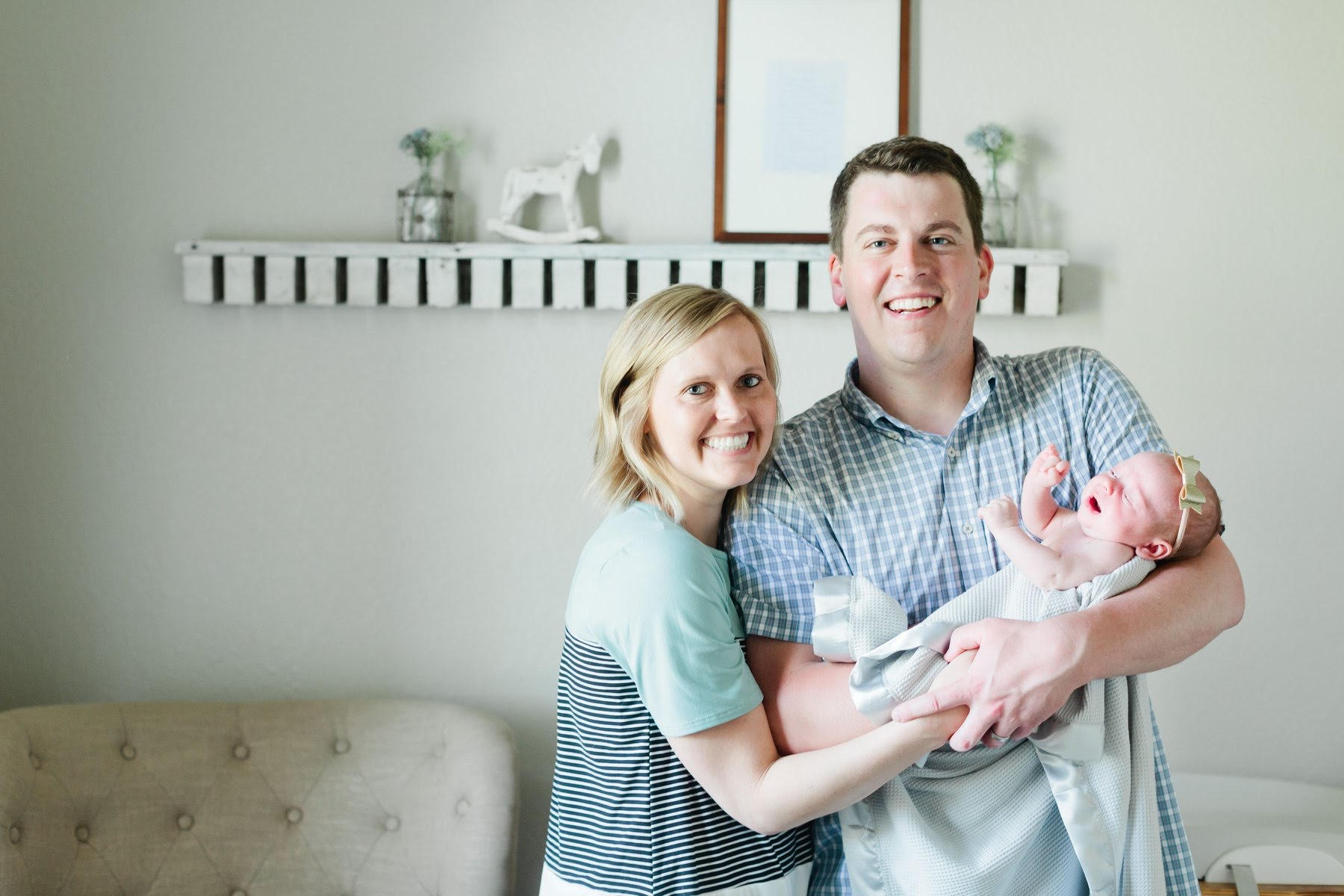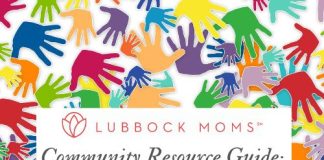
Coping, I believe, is a means of protecting ourselves through pain, trauma, or loss. This can begin at such a young age when we run into problems or issues we don’t know how to handle. Ways I have coped in my own life seemed to be necessary in order to create boundaries in my heart until I was capable enough to release my ways of coping and implement needed boundaries myself.
I have found that coping does its job of protecting us to a degree, but a problem lies in the fact that it teaches and allows us to survive and remain in the trauma verses dealing with the direct issue and getting the healing that empowers us to move past the negative.
Anytime there is change, it appears there is a loss. Whether the loss of something good or even something bad.
Coping, processing, and dealing with things can all be healthy and a normal response to anything that comes our way. I would imply that it is actually needed to advance past circumstances in our life without losing a part of who we are.
The reality is we will all go through hard and difficult times, or dare I say seasons. My opinion is that it is important that we allow ourselves to feel what we’re feeling, acknowledge how it’s affecting us, and how we can come to a place of moving forward as our best self.
This has proven for me to be somewhat easier when it’s just me. But what happens when you are in a relationship with someone, and something happens in both of your lives?
I believe it’s important to acknowledge that everyone handles hard things differently. It doesn’t mean that one way is right or wrong. It could be if it’s not healthy or if one never chooses to face what has happened. However, we are all wired uniquely and have separate ways of processing pain and loss. As long as we are handling it, with grace and with truth, it’s been my experience that we are guaranteed to discover the light at the end of the tunnel.
I’m taken back to a time when I was talking with a married couple several months after a miscarriage they had. The glaring, underlying issue at hand in their marriage was the difference in how they were responding or responded to the loss of their baby. One was devastated, couldn’t go a day without thinking about it, wanting to talk about it, and couldn’t fight the tears every day. The other one needed more alone time to get a silent, undisturbed grasp on what they were feeling and how to move forward. The first one took several months to barely get grounded again, and the other, it appeared to be only a few.
The first of the two carried the shame of not being able to get over the loss while secretly growing in anger at their spouse for not seeming to be bothered by the situation. This assumption came through the lack of expression of feeling and emotion and by not taking the time to discuss it. It appeared to the first one that the other one got over the matter too quickly, while they sat there in the midst of what seemed like a hopeless situation. It was very obvious that this event was still affecting their marriage because of the trap of comparison.
It’s in the moments where we see others deal with life differently, especially our spouses, I find it easy for division, separation, resentment, and bitterness to build if we aren’t in a place to understand that we all grieve, process, and heal differently. Not to mention that it takes longer for some than it does others. I have found freedom in the idea that healing isn’t a race, where the first one done – wins. It’s actually something that deserves adequate time and attention necessary for one to fully intake the wholeness and restoration that is being birthed again.
Neither one of their dealings was better than the other because of the time frame or appearance. The important thing to me was that they both were able to mend their broken hearts and eventually move forward together in unity with hope.
I was completely grateful to be able to watch this play out in someone else’s marriage before it was my own reality. On Thanksgiving Day of 2019, I found myself in the ER experiencing my own miscarriage. I remember sitting in the room, not having much to say. My mind was racing a million miles an hour. My husband looked over at me and said, “Let’s tell each other our crazy thoughts.” This is something we often do to expose shameful thinking, to prevent us from being sucked into the vortex of lies, and bring light to the truth. We exchanged our thoughts, and I realized many were the same, but many were very different.
I was reminded at that moment that differences don’t have to cause division, as I had seen in my previous experience with the other couple’s miscarriage. It may just mean we will handle this in similar ways, but to also give grace for his personal process that may not look like mine and ask for the same grace in return.
Throughout the pain, confusion, loss, grieving, that was very true for us. We could relate in many ways, but showed empathy instead of judgment where we didn’t. Patience was something we clothed ourselves in not only for the other person but for ourselves as well.
He was mad at God. I wasn’t. I lost a baby. He lost the idea of who the baby would be. Let’s be honest, it never really hits my husband that we are having a child until he holds it. I, on the other hand, have felt every symptom, pain, flutter kick, nauseous moment, and am very aware of a growing baby. I was sad all of the time, and he hardly ever cried but was more silently angry.
Again, neither right or wrong – just what was personally necessary for us to experience in order to confidently walk through the fire without losing who we are and what we know to be true about ourselves and God.
He sat there and held me while I cried, and he didn’t. I listened to his angry thoughts and showed compassion for something I wasn’t experiencing. What I learned at that moment was just because someone doesn’t respond or react the way we do to a traumatic event doesn’t mean they don’t care and aren’t struggling in their own way. Most importantly, it doesn’t mean you can’t walk through it together. It was important that he had someone walk through his process with him. In return, it was everything I needed for him to walk hand in hand with me through mine, so I knew I wasn’t alone.
In order to do that, I personally believe that you have to not take offense to the differences that will rear their heads, rather recognize that difference doesn’t have to cause division. It can create compassion and empathy that will bring honor and unity and give space for the other one to heal in a way that may not bring about the personal healing you need.
You can even relate this to Covid – 19 and being quarantined. Some people have never spent so much time with their spouse in their home. I’m a quality time person, so I was looking forward to all of the countless hours of deep conversations over coffee and playing games. I loved the idea of slowing down and being together with nothing to do but engage with one another. My husband, on the other hand, is not quality time (although he does try to make it a priority for my sake). He has started a meat business, built a pergola, cleaned out the garage, bought everything you can get at Costco, turned our garage into a gym, and the list goes on. My response to quarantine was underproduction. His response was overproduction.
How he has responded to quarantine has been the opposite of me, and we’ve had to sit down, and this has brought about truthful conversations of how we are individually feeling, doing, and dealing with what’s going on. Every time we have these conversations, even if they have been hard, they have been fruitful.
I think the key to these discussions being beneficial is being able to recognize you are two different people dealing with the same situation differently, and that’s okay. It’s not a means of comparison. It’s vital to realize you are a team, and the team has to work together to remain unified.
I don’t believe that unity is uniformity.
This allows us to handle things differently and still have honest communication in the presence of grace and understanding of where the other person is coming from.
The whole goal of this blog is to encourage you today in a few things that may require a perspective shift that will bring about a good result and better relationship:
- Everyone processes and heals differently.
- Difference doesn’t have to equal division.
- You can process together in different ways with brave communication and compassion.
- Don’t be ashamed of your process.
- Don’t shame others for their process.
- The goal is healing; however, you get there healthily and however long it takes.
- Unity is not uniformity.
- Time alone doesn’t heal all wounds.
- You have to engage with what you’re feeling and find the truth to experience freedom.
Have you ever gone through something like this? How did you handle something differently than the other person? Did it bring you closer together or create a gap?
We would love to hear your experiences in the comments.









